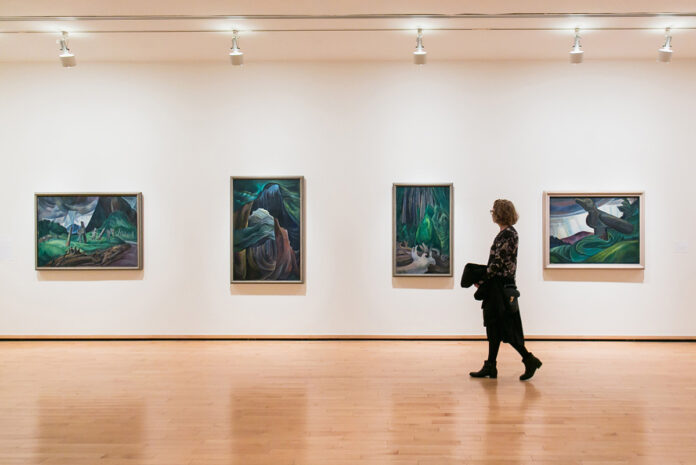Melanie Gerlis on how millennials don’t seem to have the same collecting gene as previous generations
By MELANIE GERLIS – 13th June 2018
“No one wants to own anything any more. It’s all about experiencing, sharing and being in the moment. Since the digital revolution, information and algorithms are more valuable than the physical.” So said Ralph Nauta, the co-founder of the artist collective Studio Drift, at a recent event for Future\Pace, itself a collaborative effort to produce often-experiential art.
He has a point. Millennials don’t seem to have the same collecting gene as previous generations. In many ways, this is a wonderful thing that has contributed to upcycling, crowdsourcing and other on-trend benevolent behaviour—but it is not good news for the art market, which relies on a cult of possessing.
This shift from an ownership to a shared economy, in which companies such as Uber and Airbnb loom large, is very much on the mind of the market’s leading players. “Is the art of the future an object or an experience? I don’t think it should be overstated, but it should be taken into consideration,” says Marc Spiegler, the global director of Art Basel, who says this is a topic that he and the Los Angeles-based artist Doug Aitken often discuss.
Analysis – This piece offers insight regarding the art market as it exists in the time of shared economies. Specifically, the article highlights the shift from a collectors mindset to the millennial generation’s experience driven approach to art consumption. This is informative to my research, as it is yet another example of how the sharing economy manifests in a very niche market.




